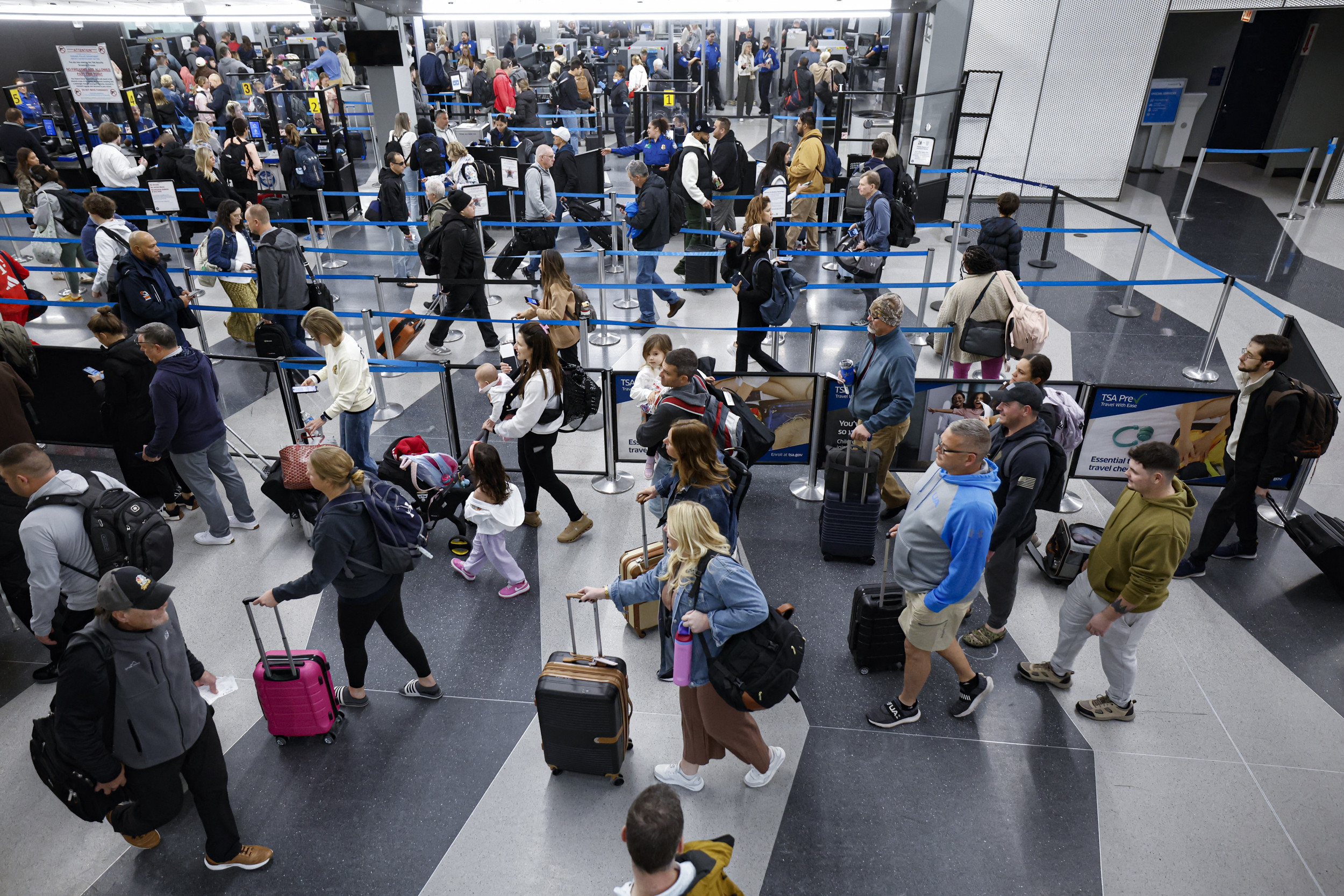It seems that even when it comes to infection and disease, every cloud may have a silver lining, as scientists have found severe infection with Covid-19 triggers the production of a powerful anti-cancer cell that can shrink tumors.
These cells are effective at shrinking even advanced stage four cancer tumors, according to a study published in the Journal of Clinical Investigation.
"We were surprised to see this," said Dr Ankit Bharat, chief of thoracic surgery at Northwestern Medicine, who led the research on mice that led to this finding.
"These cells have potent cancer-fighting properties and are very effective in migrating to the sites of cancer."
The researchers believe this finding opens the door to new drug therapies that activate cancer fighting cells—called monocytes.
They also believe that these new therapies will be more effective, and longer lasting than current cancer immunotherapies, to which people can become resistant, and which only help 20% to 40% of patients.
"What these monocytes specifically do is migrate to the site of the cancer, where they provide signals to recruit one of the most potent cancer-fighting cells in the human body, called NK cells [natural killer cells]," said Bharat.

Secret agent against cancer
"The monocytes don't directly kill the cancer but essentially function as a "secret agent," disguising themselves as "cancer-friendly cells," which allows them to reach into the heart of the cancer colonies.
"When they get there, they produce a chemical which gives signals to the NK cells to their location.
"Since both monocytes and NK cells are the body's own cells and do not harm healthy tissues, we think this approach will avoid several of the conventional side effects associated with traditional cancer treatments."
The use of monocytes and NK cells will increase the effectiveness of anti-cancer immunotherapy, said Bharat, because there are no known scientific ways in which cancer cells can become resistant to monocytes or NK cells.
"We are really excited and optimistic about this. Inside us, we have the world's most powerful military. We just need to figure out how to best employ it to fight the "terrorist" cancers."
Justin Stebbing, Professor of Biomedical Sciences, Anglia Ruskin University in the U.K. said the implications of the study extend even beyond Covid-19 and cancer.
Writing in The Conversation, he said: "It shows how our immune system can be trained by one type of threat to become more effective against another. This concept, known as "trained immunity", is an exciting area of research that could lead to new approaches for treating a wide range of diseases."
Professor Stebbing said it was crucial, however, that people didn't seek out Covid-19 infection as a way to fight cancer. "Severe COVID can be life-threatening and has many serious long-term health consequences."
Scientists added that more research is needed and Dr Bharat said the next step would be to conduct clinical trials.
Reference
Volume 134, Issue 22 on November 15, 2024, J Clin Invest. 2024;134(22): e179527. https://doi.org/10.1172/JCI179527.



















 English (US) ·
English (US) ·